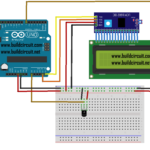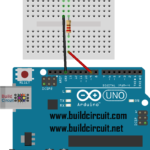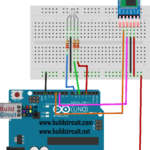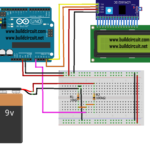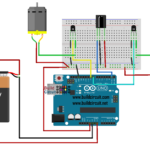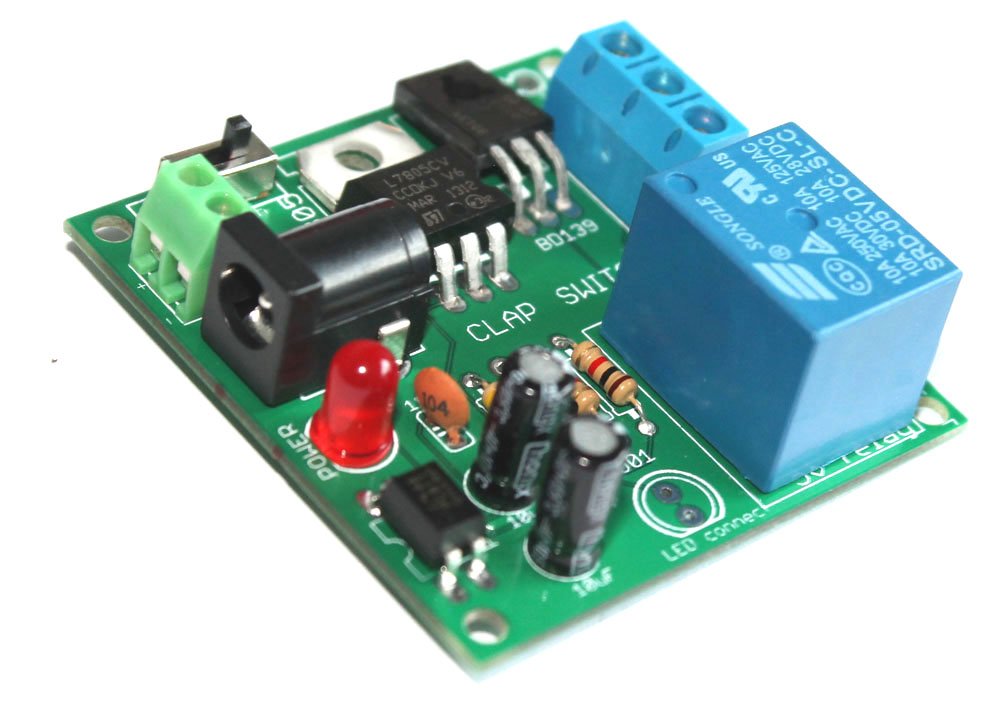Unveiling the Power of Open Source Hardware: A Collaborative Innovation Frontier
Introduction
In an era characterized by rapid technological advancements and a growing emphasis on collaboration, open source principles have transcended the realm of software and made an indelible mark on hardware development. Open source hardware (OSH) represents a paradigm shift in innovation, fostering a community-driven approach that democratizes access to technology and enables a more inclusive, creative, and sustainable future.
Defining Open Source Hardware
Open source hardware refers to the design and sharing of physical products, devices, and systems in a manner that allows anyone to view, modify, distribute, and even manufacture the technology. Similar to open source software, OSH is built on principles of transparency, collaboration, and user empowerment. The core idea is to provide the necessary information, such as schematics, blueprints, and design files, to enable others to replicate, customize, and contribute to the development of hardware projects.
Key Characteristics of Open Source Hardware
- Transparency: OSH projects make their design documentation openly accessible, ensuring that anyone can scrutinize, learn from, and improve upon the technology. This transparency promotes accountability and enables collective learning.
- Collaboration: OSH thrives on collaboration, encouraging a diverse community of enthusiasts, developers, and experts to collaborate on refining and enhancing hardware designs. This collaborative spirit often results in faster innovation and a higher quality of products.
- Customization: With OSH, users are not limited to a one-size-fits-all solution. They can modify, adapt, and tailor hardware designs to suit specific needs or preferences, promoting flexibility and versatility.
- Education: OSH projects provide an invaluable educational resource, allowing students, hobbyists, and professionals to learn about electronics, mechanics, and engineering by studying and tinkering with real-world designs.
- Affordability: By sharing designs and encouraging local manufacturing, OSH has the potential to reduce costs associated with proprietary hardware, making technology more accessible to a broader audience.
Advantages of Open Source Hardware
- Rapid Innovation: The collaborative nature of OSH accelerates innovation cycles, as countless minds contribute to refining and expanding upon designs. This leads to quicker development and more frequent breakthroughs.
- Global Access: OSH transcends geographical boundaries, enabling individuals and communities around the world to access and contribute to technology, bridging the digital divide.
- Reduced E-Waste: OSH promotes repairability and upgradability, contributing to a reduction in electronic waste by extending the lifespan of devices and encouraging responsible consumption.
- Community Empowerment: OSH projects foster a sense of community ownership and engagement. Local groups can come together to address unique challenges, leading to localized solutions.
Notable Open Source Hardware Projects
- Arduino: A popular open-source electronics platform based on easy-to-use hardware and software. Arduino has empowered countless inventors, artists, and students to create interactive projects.
- Raspberry Pi: A low-cost, credit card-sized computer that has sparked a revolution in DIY computing and education. Its open design has led to an expansive ecosystem of projects.
- OpenROV: An open-source underwater robot that enables exploration of aquatic environments. It serves as a tool for marine scientists and hobbyists alike.
- Open Source Ecology: Dedicated to the creation of open source industrial machines that can be used to build sustainable communities, this project encompasses everything from tractors to 3D printers.
Challenges and Future Outlook
Despite its numerous benefits, OSH also faces challenges, such as ensuring high-quality documentation, managing intellectual property, and sustaining long-term development. However, as OSH continues to gain traction, it has the potential to reshape industries, facilitate interdisciplinary collaboration, and democratize access to technology in unprecedented ways.
Conclusion
Open source hardware represents a remarkable convergence of innovation, collaboration, and democratization. By breaking down barriers to entry and enabling a diverse global community to contribute to technology, OSH is poised to drive profound changes in the way we design, create, and interact with hardware. As the world continues to embrace open source principles, the horizon of possibilities for open source hardware remains bright and limitless.



